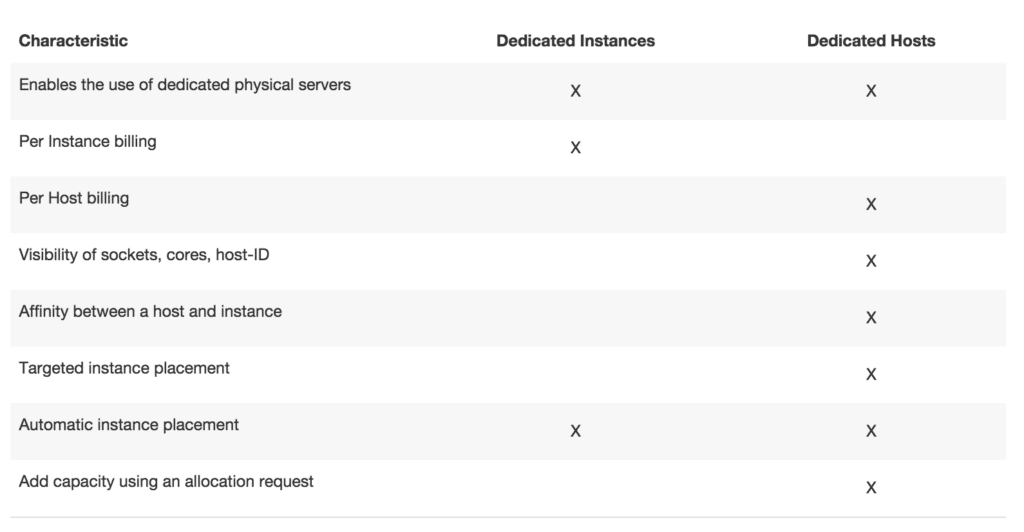It’s pretty interesting to see the back and forth as folks discuss the merits of cloud over bare-metal, and vice versa. Something signaled a real nod to the value of bare-metal as a valuable asset in the cloud was the recent announcement that AWS will be offering dedicated EC2 hosts. If AWS is the be-all end-all as some may say, this was clearly an indicator that bare-metal is necessary for a variety of reasons.
Keeping out the Noisy, and Potentially Naughty Neighbors
Say what you will about AWS and application performance, but the reality is that bare-metal does provide a more consistent performance in many, if not most, cases. It isn’t that AWS doesn’t perform to meet much of the requirements, but there are some workloads that just run better on dedicated instances. AWS already knows this and has been providing dedicated instances already to tackle some of these needs.
This tackles both performance and security in the dedicated instance offering which has become a popular destination for many AWS users. Perhaps that was the start of the migration to a new plan which opened the door to the upcoming dedicated hosts feature.
Dedicated hosts takes it to the next level of isolation by ensuring that your organization has the entire EC2 host only accessible to your tenant environment. Offering a number of features which are over and above the dedicated instances, you can see that dedicated hosts have the familiar look of many on-premises virtual environments:
While some have leaned towards AWS offering an on-premises product for enterprise data centers, my opinion is that Amazon will be doing more enterprise-friendly feature additions like dedicated hosts to create a smoother path for new customers to jump into the cloud in slightly more iterative steps from the traditional legacy environments.
Licensing Savings using Dedicated Hosts
Let’s face it, the lawyers haven’t caught up with technology. Or maybe it is just that they want to stick it to customers by still using what many refer to as the virtualization tax. Running many products in virtualized environments requires the licensing of the entire host to support the nested guests. It’s most commonly found in what many call the Oracle “parking garage” licensing where you must license every possible host that an Oracle instance could run on. This is a big driver for organizations to seek out dedicated hosts to maintain compliance.
Speaking of compliance, there is also a whole lineup of regulatory challenges introduced with public cloud hosting on multi-tenant environments. Luckily, AWS and other public cloud providers have been good about capturing that demographic in many ways with compliance certifications. Dedicated hosts is the most certain way to ensure that your workloads maintain compliance. Keeping track of it is a whole different challenge, which needs more than just a dedicated host to solve that issue.
Should you Dedicate Instances and Hosts?
Pricing will be different. Requirements will be different. The important thing to look at with any technology decision is the requirements that drive the needs to choose one provider, product, platform, or process over another.
I applauded the decision when Rackspace launched their OnMetal service, and I am giving the same praise here. Amazon is well-placed to provide this next style of service to its current and potential customers. The doors open a little wider to financial services and health services clients who may now be able to make the AWS cloud part of their compliant IT infrastructure. Dedicated hosts are a great place to start at the very least.


